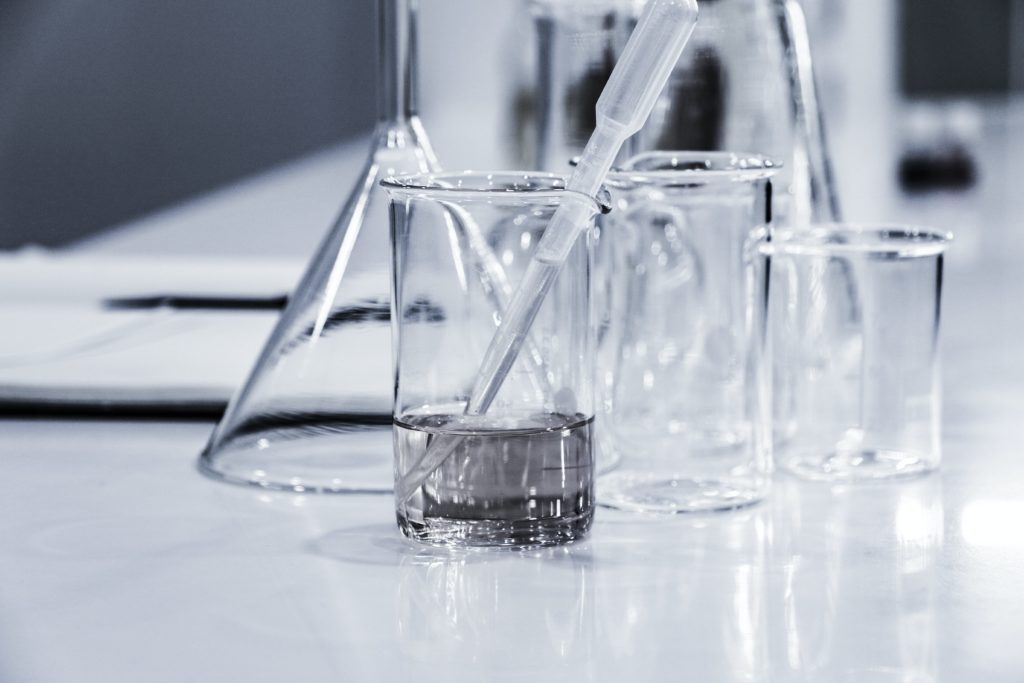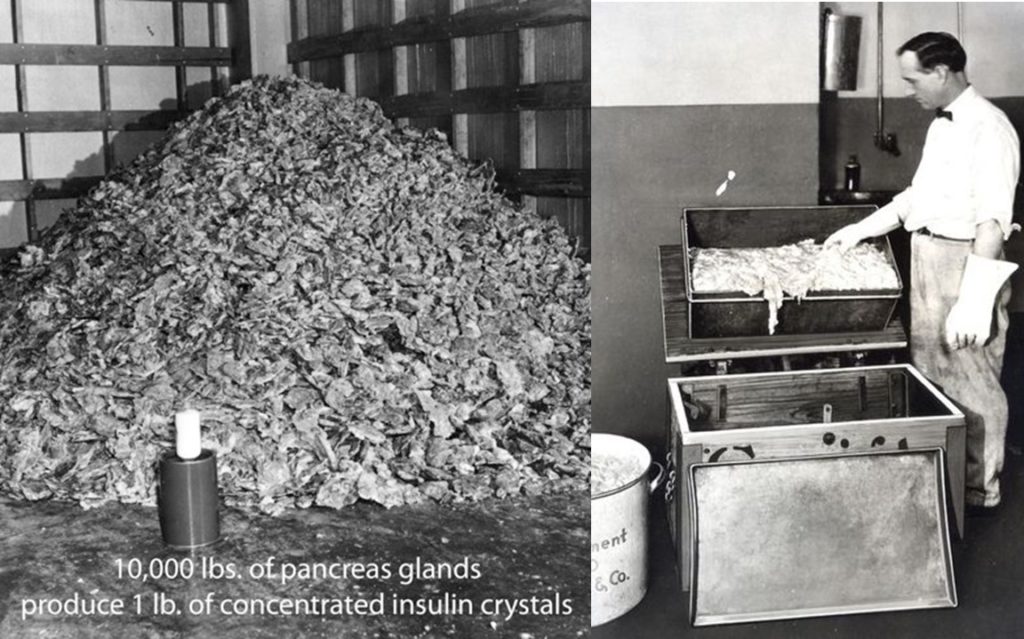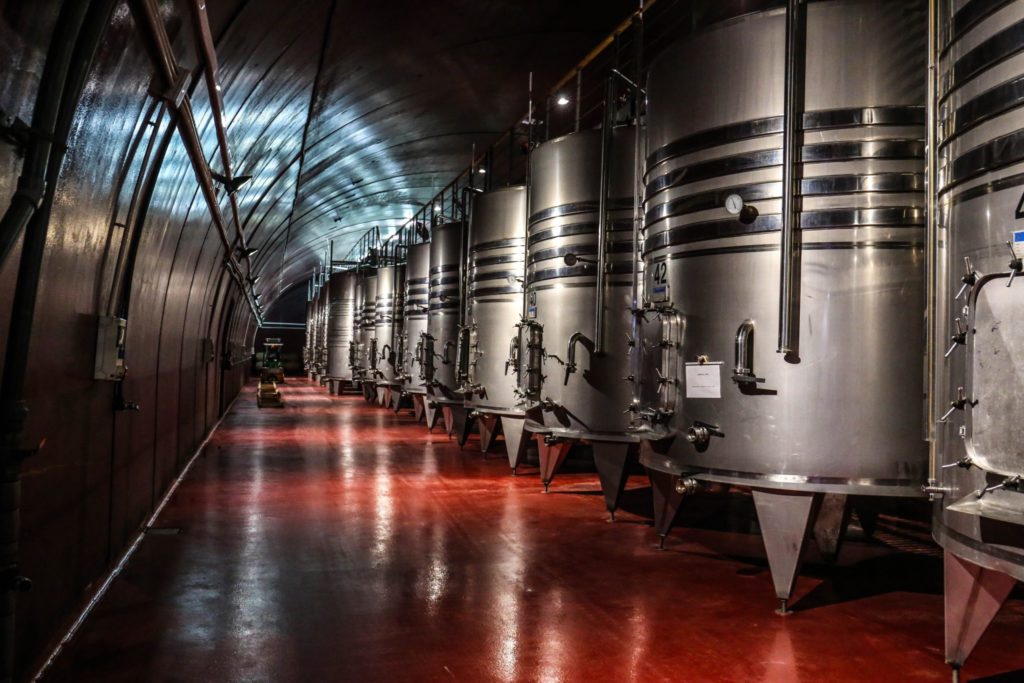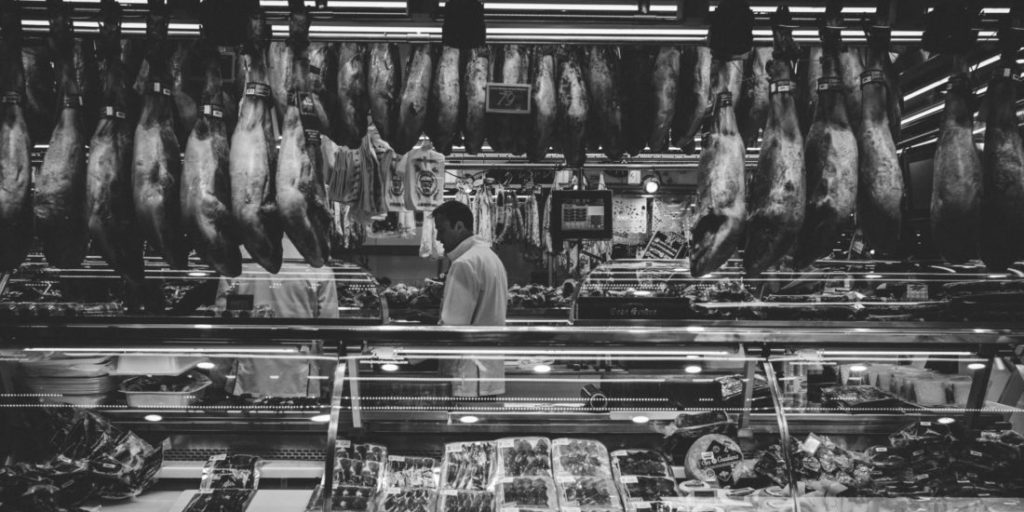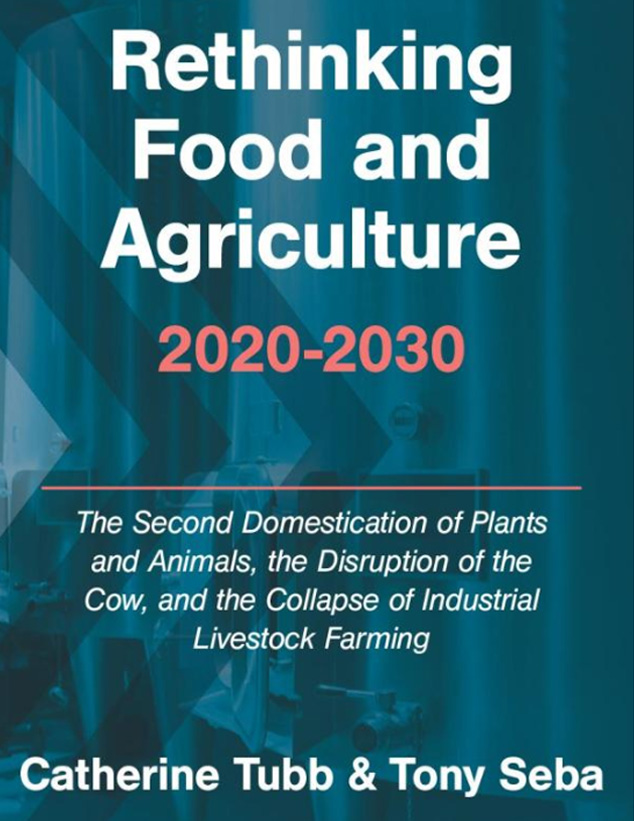
Catherine Tubb
Catherine Tubb is focused primarily on disruption in the agriculture and food industries and is co-author of RethinkX’s recent report “Rethinking Food & Agriculture 2020-2030”. Prior to joining RethinkX, she was a vice president at the equity research firm Sanford Bernstein, focusing on the chemicals sector, particularly the pesticide and fertilizer industries. Catherine has a PhD in Chemistry and a MSci in Natural Sciences from Cambridge University.
____________________
Articles From This Author
The Roadmap to Disruption and Market Opportunities
There is a roadmap to the disruption of food. Here we explore some of the market opportunities for disruption and what these first products will look like.
Read MoreThe Disruption of Insulin – The First Product from Precision Fermentation
Today, we are on the cusp of multiple disruptions in food and materials. So why now? In a previous blog we discussed how precision fermentation (PF) has been around for 40 years. We know this because we can pinpoint the first product commercialized from PF – human insulin. Human insulin is an illustrative example of how PF created a superior product that led to a rapid disruption of an incumbent product.
Read MoreTake a Byte! Food-as-Software
Throughout history, technology has been the driving force behind major structural changes to the food system. The plough, fishing nets, irrigation, fermentation, canning, fertilizers, tractors and refrigeration, to name just a few, have enabled us to transition from hunter-gatherers to small-scale farmers to industrial food producers on a massive scale.
Read MoreThe Impact of Covid-19 on Food – Part 2: The Rise of the New
In Part 1 we discussed why Covid-19 has impacted industrial livestock farming. Here we discuss the rise of the new protein industry in a post-Covid-19 world. Covid-19 is accelerating the collapse of the old system and the growth of a new one.
Read MoreThe Impact of Covid-19 on Food – Part 1: The Collapse of the Old
In Rethinking Food & Agriculture, published in 2019, we predicted that there will be 50% fewer cows in the US by 2030 and that by 2035 the livestock industry will be all but bankrupt.
Read More
